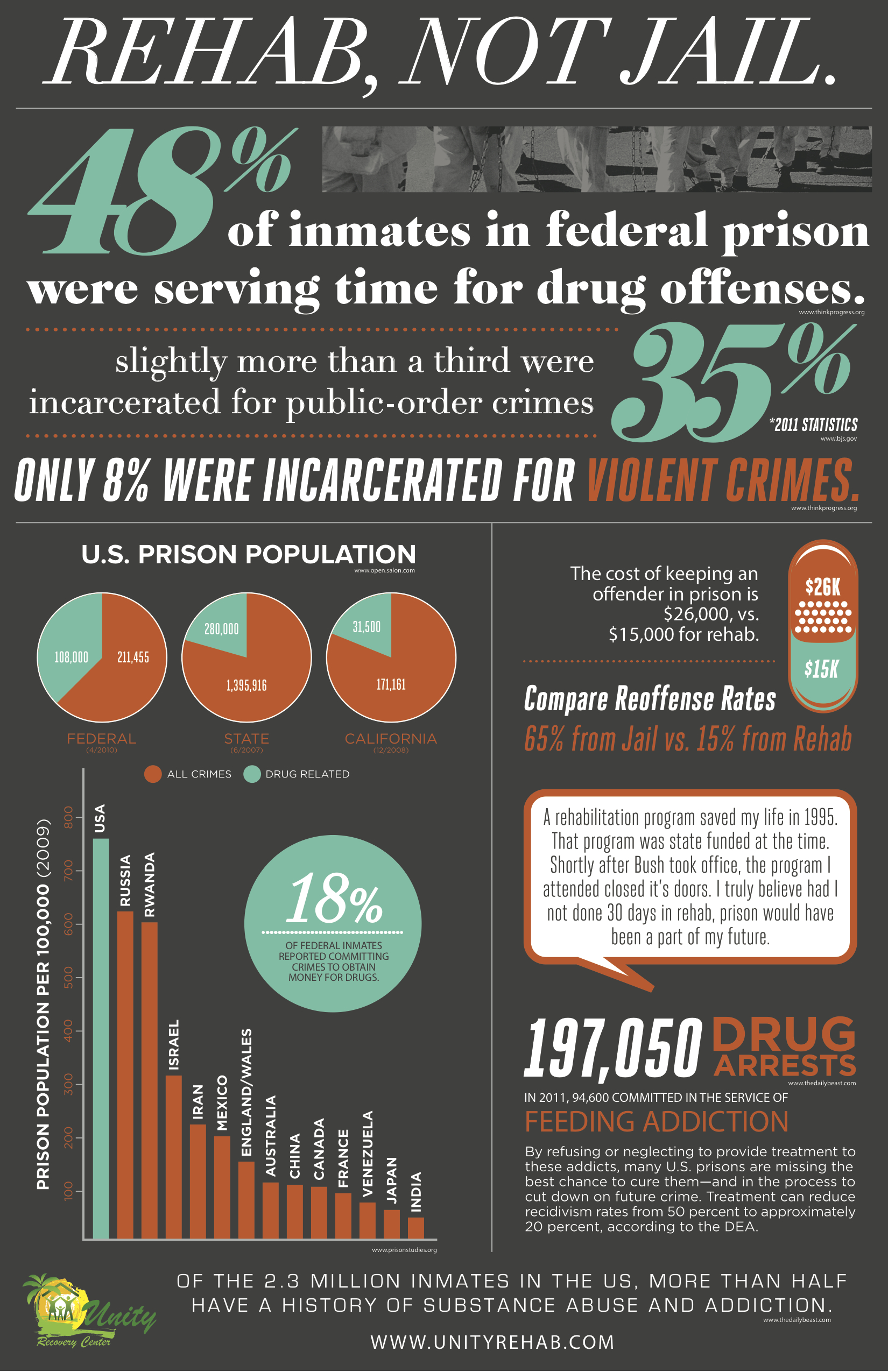Discover How To Create A Strong Post-Rehabilitation Care Technique And Attain Enduring Accomplishments
Discover How To Create A Strong Post-Rehabilitation Care Technique And Attain Enduring Accomplishments
Blog Article
visit the next post -Jantzen Carlton
You've finished drug rehab, and now it's time to develop an effective aftercare plan to guarantee your long-term healing.
Picture this: you're a person determined to remain tidy and build a fulfilling life. This write-up will certainly guide you through identifying continuous support group, integrating treatment and counseling, and creating healthy and balanced coping systems.
With these techniques, you'll be equipped to thrive in your trip of soberness.
Let's get started.
Identifying Ongoing Assistance Systems
You must identify a minimum of three ongoing support group to ensure a successful recovery after drug rehab.
The very first support group is your family and friends. why not look here can supply emotional support, inspiration, and help you remain answerable. They can likewise supply a safe and understanding atmosphere where you can share your battles and victories.
The second support group is your therapist or counselor. They can aid you resolve any type of underlying problems that may have contributed to your addiction and give support on just how to avoid relapse. They can additionally show you coping systems and healthy methods to manage tension.
The 3rd support group is a support system or a sober community. Being bordered by others who are going through similar experiences can be extremely valuable. They can provide a sense of belonging, recognizing, and offer important guidance and support.
Incorporating Treatment and Therapy
To achieve an effective recuperation, it is very important for you to actively participate in treatment and therapy sessions, as well as include them right into your continuous support group. By doing so, you can optimize the advantages of these treatment methods and increase your chances of keeping long-term soberness.
Here are some crucial reasons that integrating therapy and therapy into your aftercare strategy is vital:
- ** Emotional Support: ** Therapy and counseling give a safe area for you to express your ideas, sensations, and battles related to your dependency. It enables you to work through any unsettled problems and develop healthy coping devices.
- ** Relapse Avoidance: ** These sessions outfit you with the required tools and strategies to prevent regression. They assist you identify triggers, develop dealing abilities, and establish a solid foundation for handling cravings and anxiety.
- ** Individual Growth: ** Treatment and counseling assist in individual growth and self-discovery. They help you get understanding into the underlying causes of your addiction, improve self-worth, and establish much healthier connections.
Developing Healthy Coping Devices
Throughout treatment and counseling sessions, it's essential to actively deal with establishing healthy and balanced coping mechanisms in order to properly take care of anxiety and obstacles.
You need to identify and understand your triggers, those things that cause you distress or anxiousness. By acknowledging these triggers, you can establish strategies to deal with them in a healthy way. This might entail exercising deep breathing workouts, taking part in exercise, or discovering a creative electrical outlet to reveal your feelings.
It is essential to also border yourself with a solid support group of loved ones who can offer encouragement and support.
Furthermore, self-care activities such as obtaining enough sleep, eating well, and practicing leisure techniques can significantly contribute to your general health.
Verdict
In the trip towards healing, producing an effective aftercare plan resembles having a tendency to a fragile yard. Equally as a garden enthusiast supports each plant with treatment and interest, so also should one grow recurring support group, include therapy and counseling, and develop healthy and balanced coping mechanisms.
By doing so, the seeds of recovery will certainly blossom into a growing garden, providing a strong foundation for a brighter, drug-free future.
